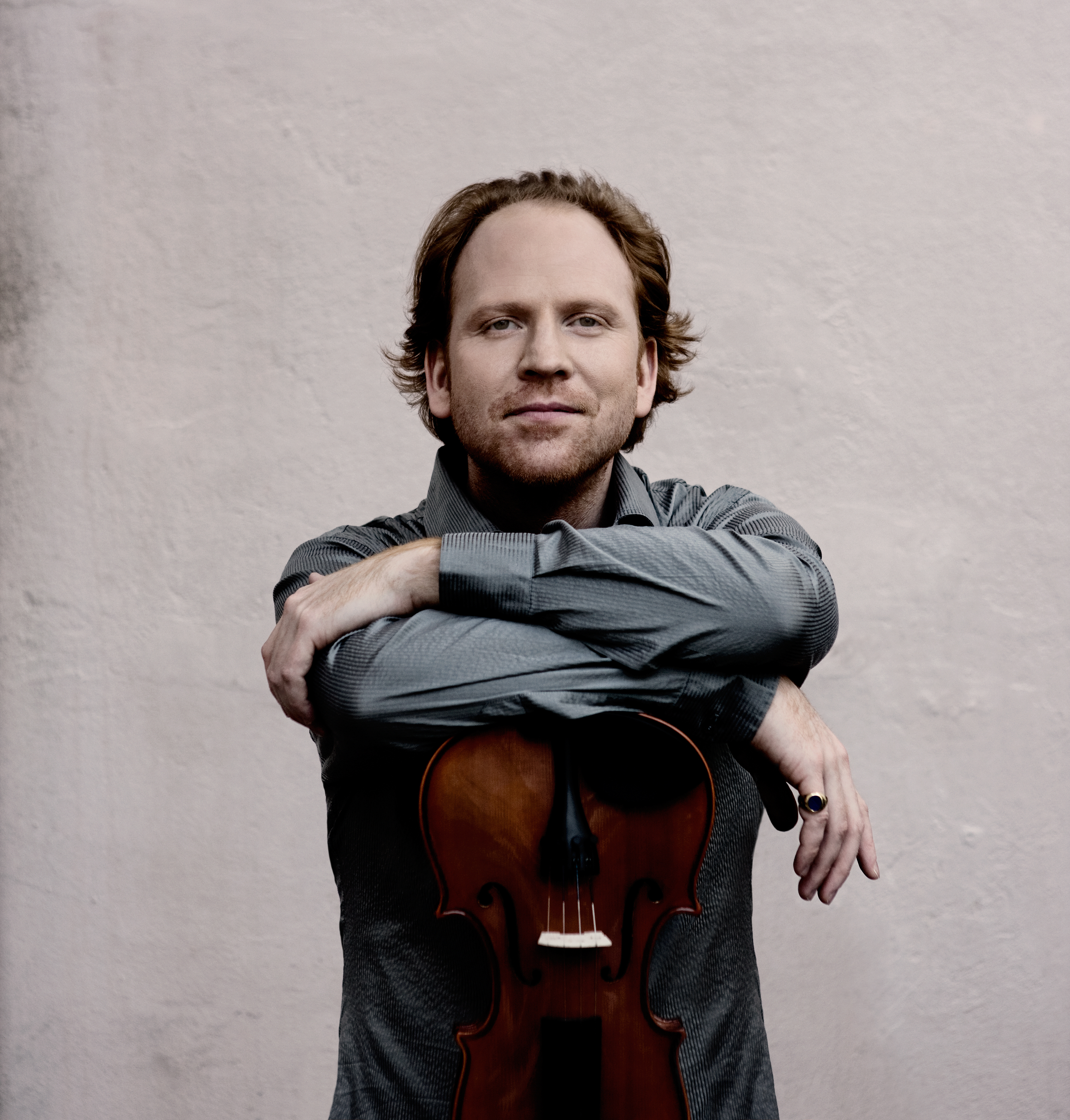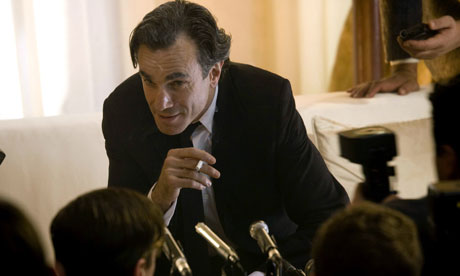Why do they always headline it if it’s a music teacher?
If the man had taught geography or chemistry would they have highlighted that?
Here’s the ITN report. ‘Music teacher’ in the first sentence. Here’s the BBC. Same thing. The Telegraph, again.

Sky, just the same. There is some kind of prejudice at work here.
And away from this horrible case, in Los Angeles, another of today’s headlines.
Music teacher accused of trying to arrange sex date with girl, 11
Someone explain it to me.
Well, it’s not Yo Yo Ma, so who does that leave?
Alisa Weilerstein, that’s who.

Hear her play here.
Genius grants also to choral composer Francisco Nunez and Jazz composer Dafnis Prieto.
The award is $500,000 in no-strings-attached support over the next five years. I guess they can take some time off now.
The struggle to save the Travel Bookshop in Notting Hill never really got off the ground. The shop, made famous by Hugh Grant and Julia Roberts in the eponymous film, has been sold.

The Bookseller reports today that the new owner is a remainder shop, a cemetery for unwanted books.
Shame and woe.

Licitra is dead. Alagna is back at his usual tricks. The top notes are getting scarcer by the minute.
So here’s the good news: Jonas Kaufmann has recovered from surgery to remove a chest node and is out and about. He’s been spotted with his wife, Margarethe Joswig, and two of their three children at the Munich Oktoberfest and told a reporter from the Tageszeitung that he’ll be on stage again next month. Phew!
See below which dates he has confirmed on his website.

http://www.jonaskaufmann.com/en/4/news.html
Daniel Hope, always buzzing with ideas, has a new radio documentary coming up about a German-Brazilian violinist who was convicted of spying in the First World War and executed in the Tower of London. The evidence against him was circumstantial, at best. It calls to mind a much later fatal incident of Brazilian mistaken identity in London – the shooting of Jean Charles de Menezes in the panicked aftermath of the 7/7 bombing attacks.
It’s a tale I’ve never heard before and I shall be glued to the radio on the date below. Daniel has also got a Wigmore Hall date next week.

Daniel Hope presents ‘Fiddler in the Tower’ on BBC Radio 3, on 26th October 2011
Violinist Daniel Hope visits the Tower of London and tells the little-known and remarkable story of German/Brazilian Fernando Buschmann (1890-1915) the virtuoso violinist and engineer charged with espionage in World War One.
Buschmann’s wartime existence comprised of a string of still-born entrepreneurial adventures from aircraft design to cheese and vegetable export, with allegedly spying on the Royal Navy also thrown in. His big love was his violin and when he 1915 he was arrested and condemned to face a firing squad at the Tower he asked for his instrument to be brought to his cell. The night before his execution Buschman played through the night, the violin echoing and keening round the place. When his guard collected him for the walk to the miniature rifle range to face a Scots Guards firing-squad, Buschman picked up his violin and kissed it saying “Goodbye, I shall not want you any more”. And in a heart-rending final gesture he gave the instrument to one of the soldiers who had a violin–playing child.
In the Chapel of the Tower, beside the tombs of famed Tower victims, Anne Boleyn, Catherine Howard and Sir Thomas More, Daniel performs the music Buschman played, tries to fathom what motivated this man and imagines himself facing those final fated hours.
There’s a chance to hear Daniel Hope in Recital at the Wigmore Hall on 26 September, at 1pm, with Sebastian Knauer, in a programme celebrating Joachim
Grieg Violin Sonata No. 3 in C minor Op. 45
Joachim Hebrew Melody Op. 9 No. 1 (arr. violin and piano)
Brahms Violin Sonata No. 2 in A Op. 100
One of the earliest scandals I uncovered in classical music was a dirty little deal that was being struck by EMI with a tobacco giant to release a Beethoven cycle in the livery of a luxury cigarette brand.
This was a sensationally good deal for the death peddlers. The tobacco industry in 1979 was having its advertising progressively banned and needed a new strategy to reach potential smokers. Elite sports, like Formula 1, along with high-class art forms were a way of targeting richer puffers. ‘We want to be associated with your leisure and pleasure,’ the fixer told me and the idea of doing a Beethoven set decked out to look like Du Maurier cigarettes was a perfect pitch for the business-class traveller.


The only problem for EMI was in getting a conductor to agree. Western maestros, even the youngest and least significant, would not let their name be outshouted on the packaging by a bright red cigarette brand – the Du Maurier cycle. But a conductor from a Communist country had no say in the matter. The deal was done with his political masters in East Berlin and Kurt Sanderling turned up in London to deliver a set of performances full of personal insights and intellectual depth (Gramophone hated it).

I doubt whether Sanderling was ever told that he was doing his bit to promote the global tobacco industry; he must have had a shock when he saw the finished product. At any rate, he emerged from the enterprise unstained and with the orchestra’s respect. It was EMI who were left looking tawdry and desperate.
The episode came to mind this morning because Imperial College has published a piece of research showing that young people are being lured into smoking through images on UK, US and Canadian movies that receive tax-payers’s subsidy. So they’re still at it.

pictured: Daniel Day-Lewis smoking in ‘Nine’










